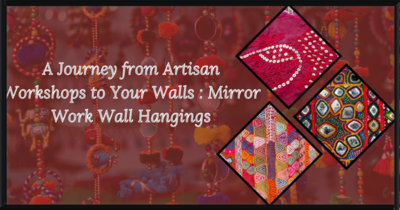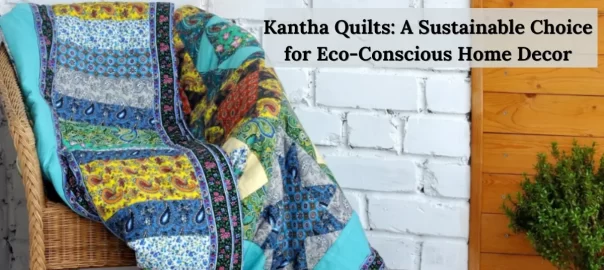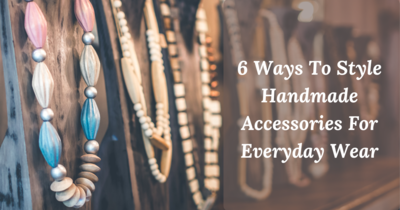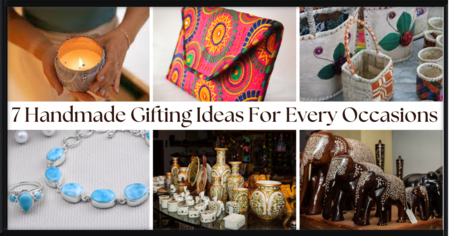As the world becomes increasingly aware of the environmental impact of consumer choices, the demand for sustainable alternatives has seen a surge. Embracing a more eco-friendly lifestyle involves making conscious decisions about the products we use and the materials we support. Eco-friendly Handcrafted Alternatives is a powerful step towards a sustainable lifestyle, reducing our reliance on mass-produced goods and promoting environmentally friendly practices.
- Waste Reduction Through Upcycling:
Handcrafted alternatives often involve upcycling, the process of transforming discarded materials into new, useful products. Whether it’s turning old textiles into fashionable accessories or repurposing wooden pallets into furniture, upcycling minimises waste and exemplifies the creative possibilities of sustainable living
- Materials Matter:
Eco-friendly handcrafted alternatives often utilise materials that are ethically sourced and sustainable. Whether it’s bamboo, reclaimed wood, organic cotton, or recycled materials, these choices contribute to a circular economy by reducing waste and promoting responsible use of resources. Such materials not only benefit the environment but also offer unique and aesthetically pleasing options for consumers.
- Reducing Environmental Impact:
Handcrafted items, particularly those made from sustainable materials, often have a lower environmental impact compared to mass-produced counterparts. Craftsmen and artisans often use locally sourced, renewable materials, reducing the need for extensive transportation and minimising the carbon footprint associated with the production process.
- Promoting Artisanal Craftsmanship:
Choosing handcrafted alternatives supports artisanal craftsmanship, preserving traditional skills and techniques that have been passed down through generations. By valuing the work of artisans, consumers contribute to the livelihoods of these skilled individuals and help maintain a rich cultural heritage of craftsmanship.
- Supporting Local Economies:
Many handcrafted items are produced locally, supporting regional economies and reducing the carbon footprint associated with long-distance transportation. By choosing products made by local artisans, consumers actively contribute to the economic well-being of their communities and foster a sense of connection between producers and consumers.
- Conclusion:
The shift towards eco-friendly handcrafted alternatives is not just about individual actions; it’s about fostering a collective consciousness and responsibility towards the environment. eco-friendly handcrafted alternatives isn’t just a trend; it’s a conscious choice that holds the power to shape a more sustainable future. By prioritising products made with care, sustainable materials, and ethical practices, individuals can actively contribute to a greener lifestyle.
Handcrafted alternatives not only provide unique and beautiful options for consumers but also stand as a testament to the transformative potential of mindful consumption. As we collectively move towards a more sustainable way of living, the beauty of handcrafted alternatives shines as a beacon of hope for a healthier planet and a more harmonious relationship between humanity and the environment.







